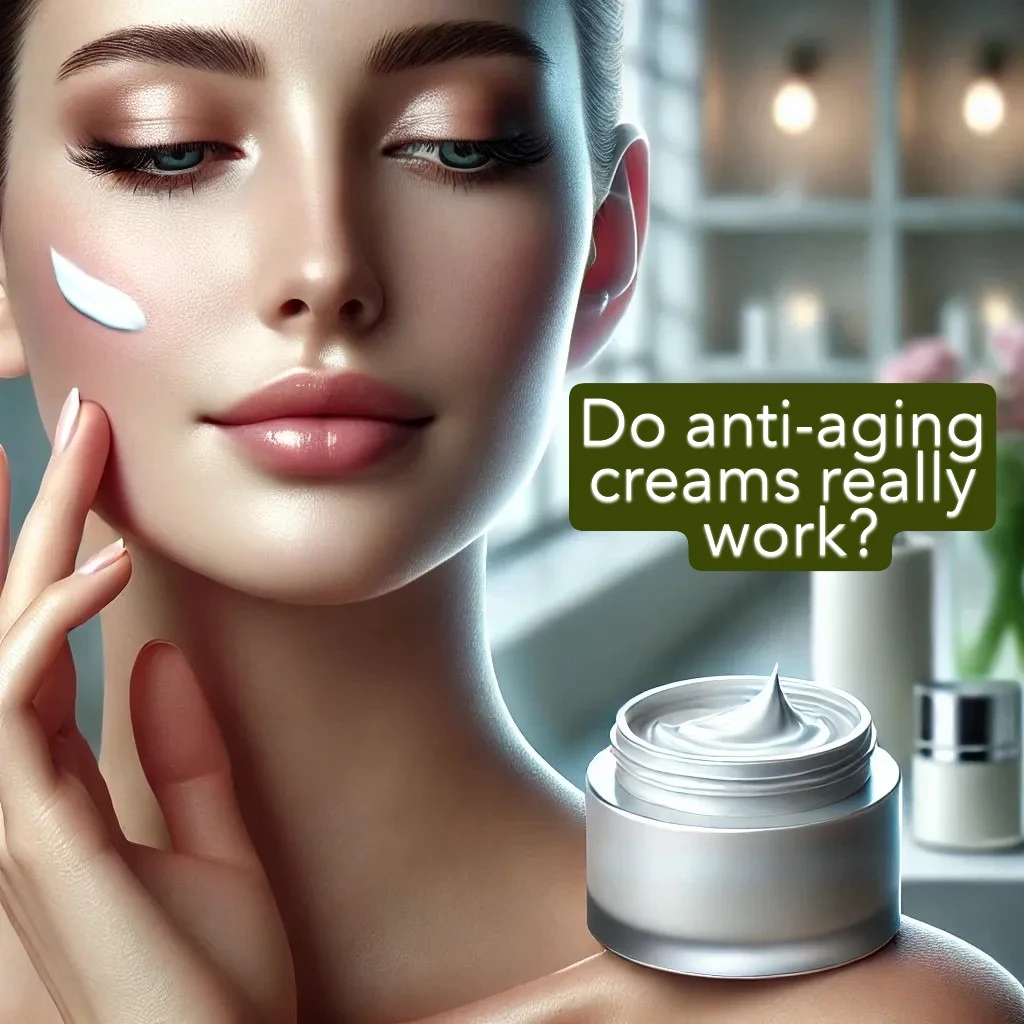Do anti-aging creams really work?
Do Anti-Aging Creams Really Work?
Anti-aging creams are a billion-dollar industry, with countless products promising to reduce wrinkles, firm skin, and restore a youthful glow. But with so many claims and flashy marketing, it’s fair to ask: do anti-aging creams really work? The short answer is yes—but with limitations. The effectiveness of these creams depends largely on what ingredients they contain, how consistently they’re used, and individual skin types and conditions.
How Anti-Aging Creams Work
The skin naturally loses collagen, elasticity, and moisture with age. Anti-aging creams aim to counteract these changes by providing ingredients that can hydrate, stimulate collagen production, and protect the skin from environmental damage.
While no topical cream can produce results as dramatic as cosmetic procedures, many dermatologically supported ingredients do offer measurable improvements in skin appearance over time.
Key Ingredients That Do Work
-
Retinoids (Vitamin A derivatives)
Retinol and tretinoin are among the most researched anti-aging ingredients. They help increase cell turnover, boost collagen production, and smooth fine lines and wrinkles. -
Peptides
These small proteins can signal skin cells to produce more collagen, improving firmness and reducing sagging over time. -
Hyaluronic Acid
This powerful hydrator plumps the skin and temporarily reduces the appearance of fine lines by drawing water into the skin. -
Vitamin C
As an antioxidant, Vitamin C neutralizes free radicals and helps brighten the skin and even out pigmentation. -
Niacinamide (Vitamin B3)
This multitasking ingredient helps with skin texture, elasticity, and tone while also strengthening the skin barrier. -
Sunscreen (SPF)
Technically not an anti-aging "cream" on its own, but arguably the most effective product for preventing premature aging. Daily sun protection is crucial.
Realistic Expectations
Anti-aging creams can help reduce the appearance of fine lines, improve texture, and give the skin a more youthful glow. However, they cannot:
-
Eliminate deep wrinkles
-
Reverse sagging or volume loss
-
Deliver instant, dramatic changes
Consistent use over weeks or months is usually required before visible results appear. The effects are subtle and gradual, not miraculous.
Who Benefits Most?
-
People in their late 20s to 40s often see the best results from preventive use.
-
Older individuals can still benefit, especially from hydrating and collagen-boosting formulas, but may need additional treatments (like fillers or lasers) for significant changes.
What to Look For
When shopping for an anti-aging cream, look for products that:
-
Have dermatologist-recommended ingredients
-
Are fragrance-free if you have sensitive skin
-
Have clinical studies or reviews supporting their claims
-
Include SPF for daytime use
Final Thoughts
Anti-aging creams do work—to a degree. They are not magic potions, but when formulated with effective ingredients and used consistently, they can visibly improve the skin’s appearance and slow the visible signs of aging. The key is choosing the right product for your skin type and being patient with results. Think of them as part of a long-term skincare investment rather than a quick fix.

Related Blog
What Causes Oily Skin and Can It Be Managed Naturally? Exploring Root Causes and Gentle Solutions
Aug 2, 2025 by Admin
General
What Are the Signs That You Have Sensitive Skin? Key Symptoms to Help You Identify This Delicate Skin Type
Aug 1, 2025 by Admin
General